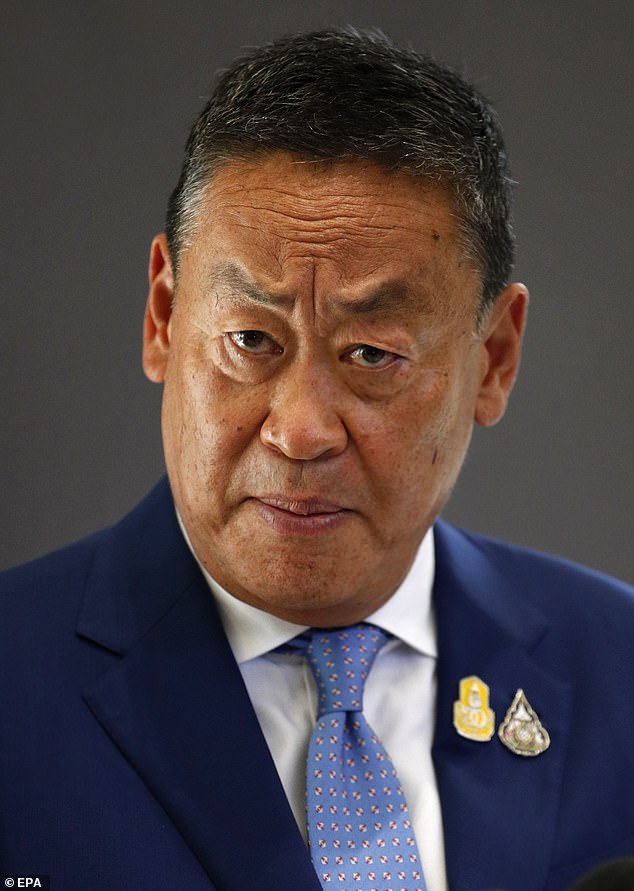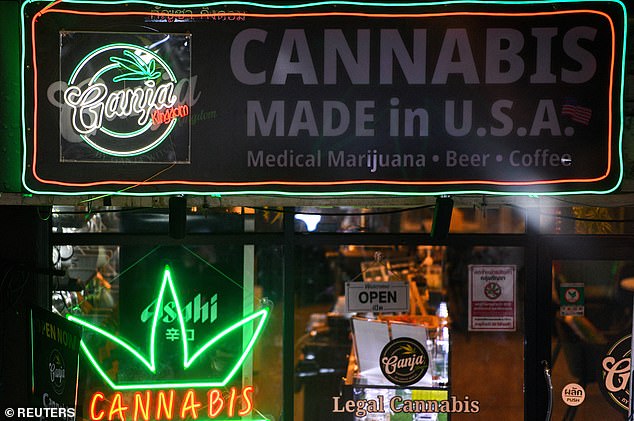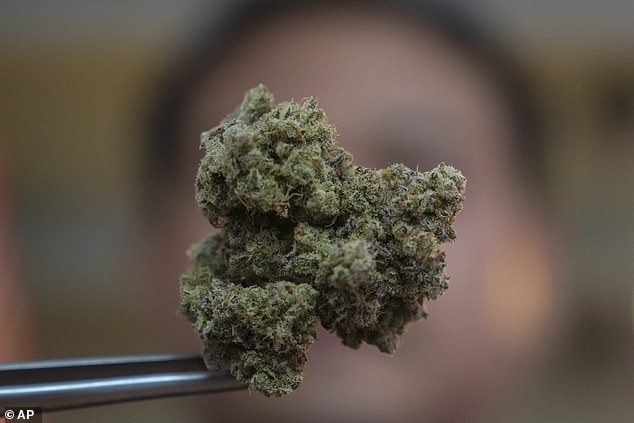Thailand is about to make a stunning 180-degree turn by recriminalizing the recreational use of marijuana, just two years after becoming the first country in Asia to legalize the drug.
The crackdown was announced by Thailand’s Prime Minister Srettha Thavisin, who took to X today to say he had asked the country’s Health Ministry to reinstate cannabis as a controlled narcotic.
He wrote: “I would like to ask the Ministry of Public Health to amend the ministerial announcement by bringing marijuana back into drug category 5 and rushing to issue ministerial regulations allowing its use for medical and health purposes only.”
A previous government decriminalized marijuana for medical use in 2018 and allowed its citizens to enjoy it recreationally in 2022, making it the first country in Asia to legalize the drug.
But Thavisin’s government has staunchly opposed legalization, having previously said it wanted to push through a new law banning recreational cannabis by the end of the year.
Thailand prepares to make a surprising 180-degree turn by recriminalizing recreational marijuana use

Thailand’s Prime Minister Srettha Thavisin (pictured) said he had asked the country’s Health Ministry to reinstate cannabis as a controlled narcotic.
Thavisin’s pledge to recriminalize the drug came after a meeting on drug suppression with national agencies, which he asked to show “clear progress” against illegal drugs in the next 90 days.
‘Drugs are a problem that destroys the future of the country, many young people are addicted. We have to work quickly to seize assets. [of drug dealers] and expand treatment,” he said.
He also said he wanted to change the language of drug possession laws to allow authorities to crack down more effectively.
The tough new policies were announced despite the rapid growth of Thailand’s legal drug economy.
Thousands of businesses have opened in the country in the past two years, contributing to an industry that was expected to be worth up to $1.2 billion by 2025, according to the South China Morning Post.
Prasitchai Nunual, secretary general of Thailand’s Cannabis Future Network, told the outlet that the latest measure would decimate these businesses.
‘Many people have been growing cannabis and opening cannabis stores. These will have to close,” he stated.

A Thai woman pretends to smoke a giant joint on June 11, 2022 in Nakhon Pathom

A sign reading “Made in USA” is displayed in front of a cannabis shop on Khaosan Road, one of Bangkok’s most popular tourist spots.
‘If scientific results show that cannabis is worse than alcohol and cigarettes, then they can put it back on the list of narcotic drugs. If cannabis is less harmful, they should include cigarettes and alcohol among narcotics as well.’
Marijuana in any form was linked to a 42% increased risk of stroke and a 25% increased chance of heart attack in a study published in February.
Researchers from Massachusetts and California spent four years testing more than 400,000 American adults in 27 states to examine the link between cannabis use and problems such as heart disease and stroke.
The team found that any type of cannabis use (smoking, vaping, or consuming edibles) was “associated with increased adverse cardiovascular outcomes.”
And those who used marijuana daily had a 25 percent higher risk of having a heart attack and a 42 percent higher chance of having a stroke.
This could be because the active ingredient in cannabis, THC, is thought to trigger the body’s fight-or-flight response, increasing heart rate and blood pressure. Over time, this wears on the heart.
Dr Abras Jeffers, lead author of the study and data scientist at Massachusetts General Hospital in Boston, said: “Despite common use, little is known about the risks of cannabis use and, in particular, the risks of disease cardiovascular”.
“The perception of how harmful smoking cannabis is is decreasing and people do not consider cannabis use to be dangerous for their health.”

